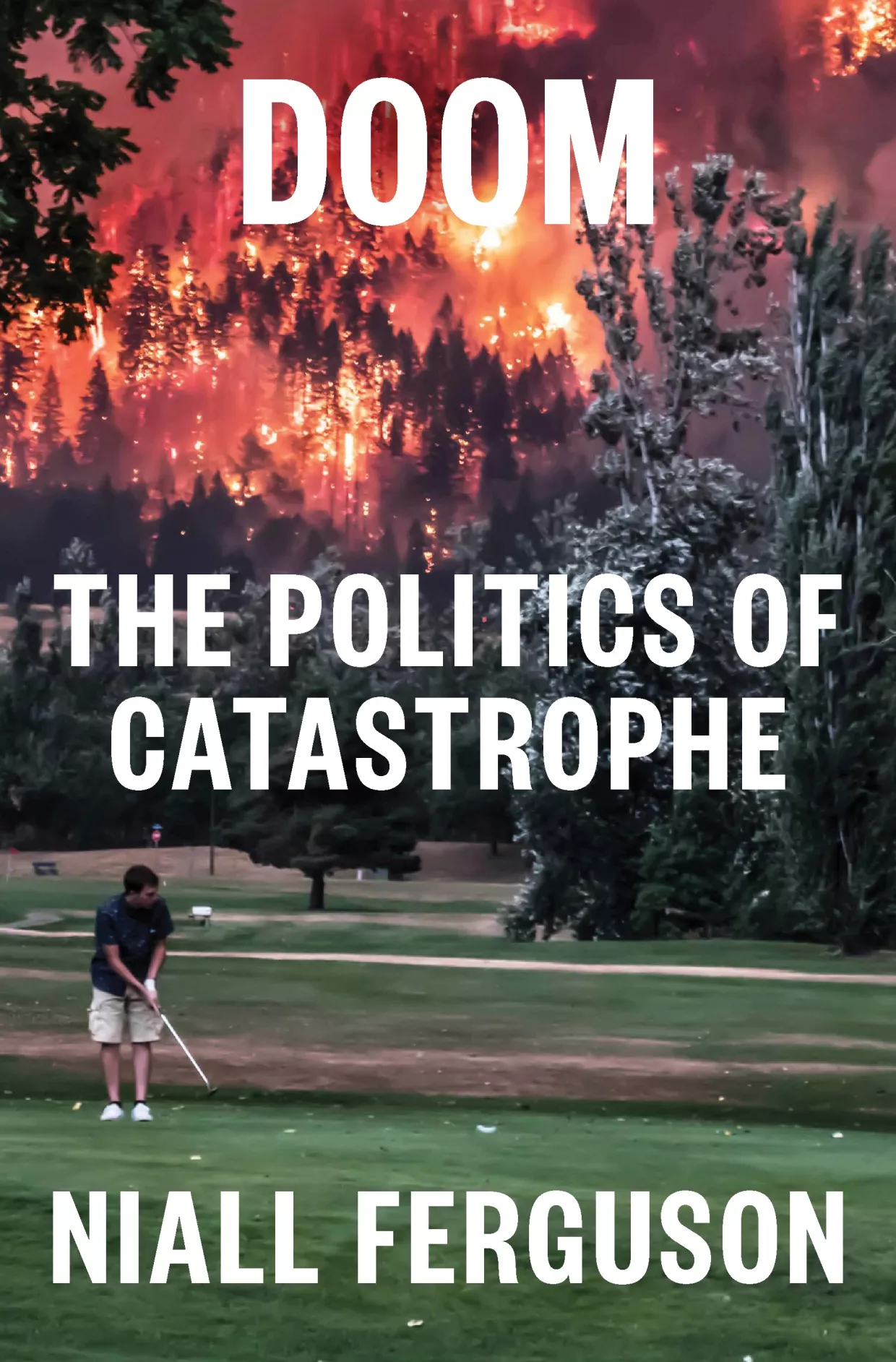Featured in the Belfer Center Spring 2021 Newsletter »

“All disasters are in some sense man-made.”
Setting the annus horribilis of 2020 in historical perspective, Niall Ferguson explains why we are getting worse, not better, at handling disasters.
Disasters are inherently hard to predict. Pandemics, like earthquakes, wildfires, financial crises, and wars, are not normally distributed; there is no cycle of history to help us anticipate the next catastrophe. But when disaster strikes, we ought to be better prepared than the Romans were when Vesuvius erupted, or medieval Italians when the Black Death struck. We have science on our side, after all.
Yet in 2020 the responses of many developed countries, including the United States, to a new virus from China were badly bungled. Why? Why did only a few Asian countries learn the right lessons from SARS and MERS? While populist leaders certainly performed poorly in the face of the COVID-19 pandemic, Niall Ferguson argues that more profound pathologies were at work–pathologies already visible in our responses to earlier disasters.
In books going back nearly twenty years, including Colossus, The Great Degeneration, and The Square and the Tower, Ferguson has studied the foibles of modern America, from imperial hubris to bureaucratic sclerosis and online fragmentation.
Drawing from multiple disciplines, including economics, cliodynamics, and network science, Doom offers not just a history but a general theory of disasters, showing why our ever more bureaucratic and complex systems are getting worse at handling them.
Doom is the lesson of history that this country–indeed the West as a whole–urgently needs to learn, if we want to handle the next crisis better, and to avoid the ultimate doom of irreversible decline.
Praise for Doom:
"Doom seeks to understand why humanity, time and again through the ages, has failed to prepare for catastrophes, whether natural or manmade. . . . Forecasting, network science, economics, epidemiology, together with the psychology of leadership are all considered in a dazzlingly broad examination of the 'politics of catastrophe' . . . Magisterial . . . [an] immensely readable book."
The Financial Times
"We are all trying to gain perspective on Covid, and Ferguson frames the tragedy in the broadest and most bracing way, drawing on humanity's experience of all kinds of disaster, from the bubonic plague to the First World War. Sweeping in its narrative and multidisciplinary in its approach, Doom proves you can write an engaging book about a repellent subject."Sebastian Mallaby, Financial Times
"[An] intensely researched . . . always entertaining account. . . . Captivating."Kirkus
"Niall Ferguson puts the Covid pandemic into the broadest of historical perspectives, and reminds us that this was not the first time that humans have had to deal with catastrophic events. Drawing on a deep knowledge of global history, he catalogs the threats that mankind has faced, and the resourceful ways in which human societies have dealt with them."Francis Fukuyama
"Humans have so many ways to suffer awful collective disasters that one would think we would have developed better ways of responding. In his sweeping, synthetic, engaging book, Doom, master historian Niall Ferguson explains why not and offers a path forward for better, safer, and saner responses the next time we face catastrophe."Nicholas A. Christakis
Ferguson, Niall. Doom: The Politics of Catastrophe. New York: Penguin Press, 2021.



